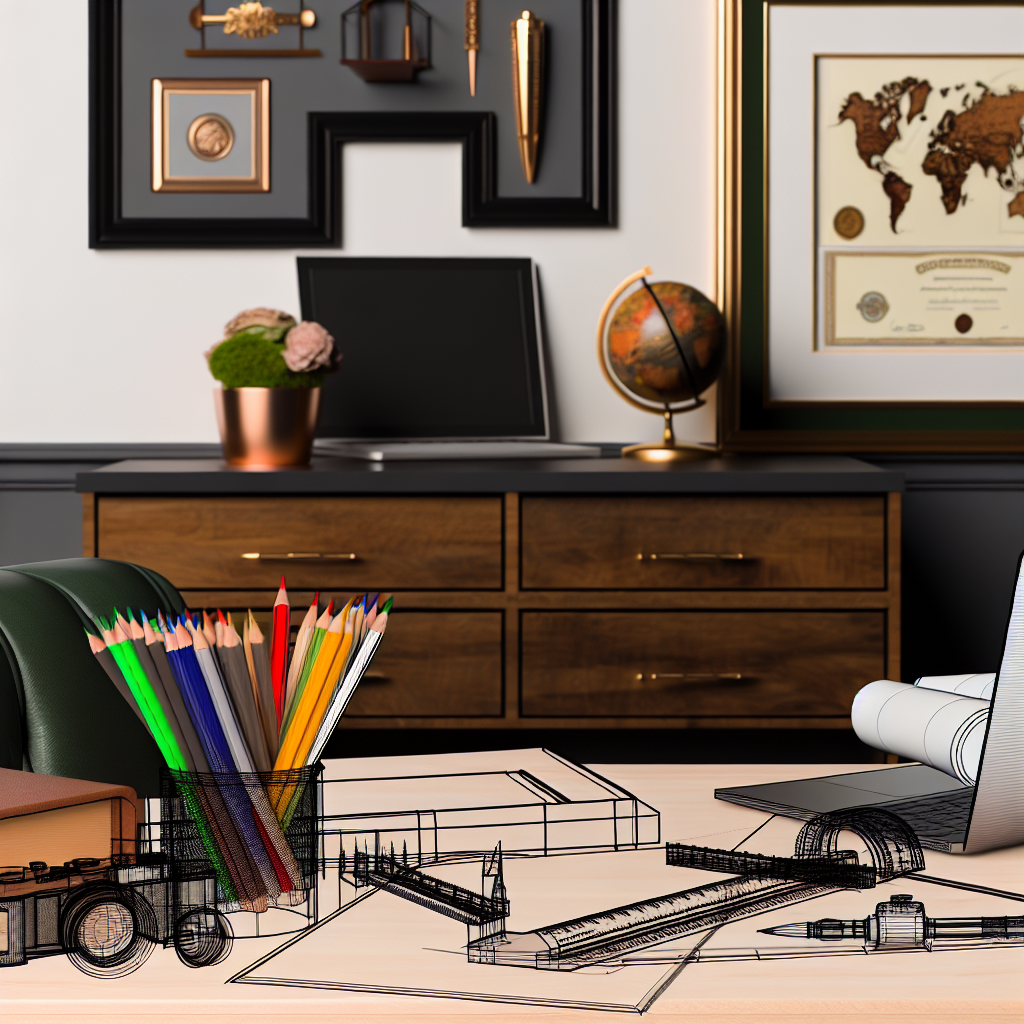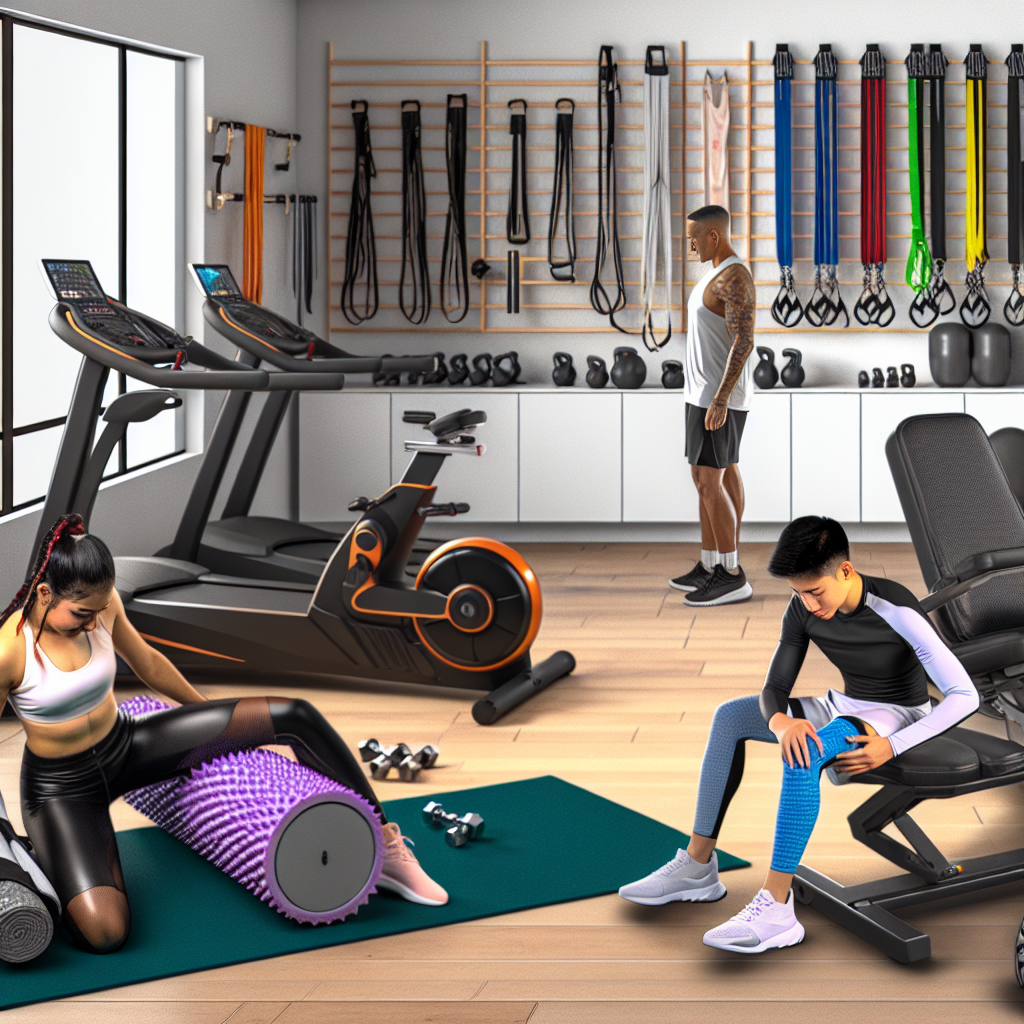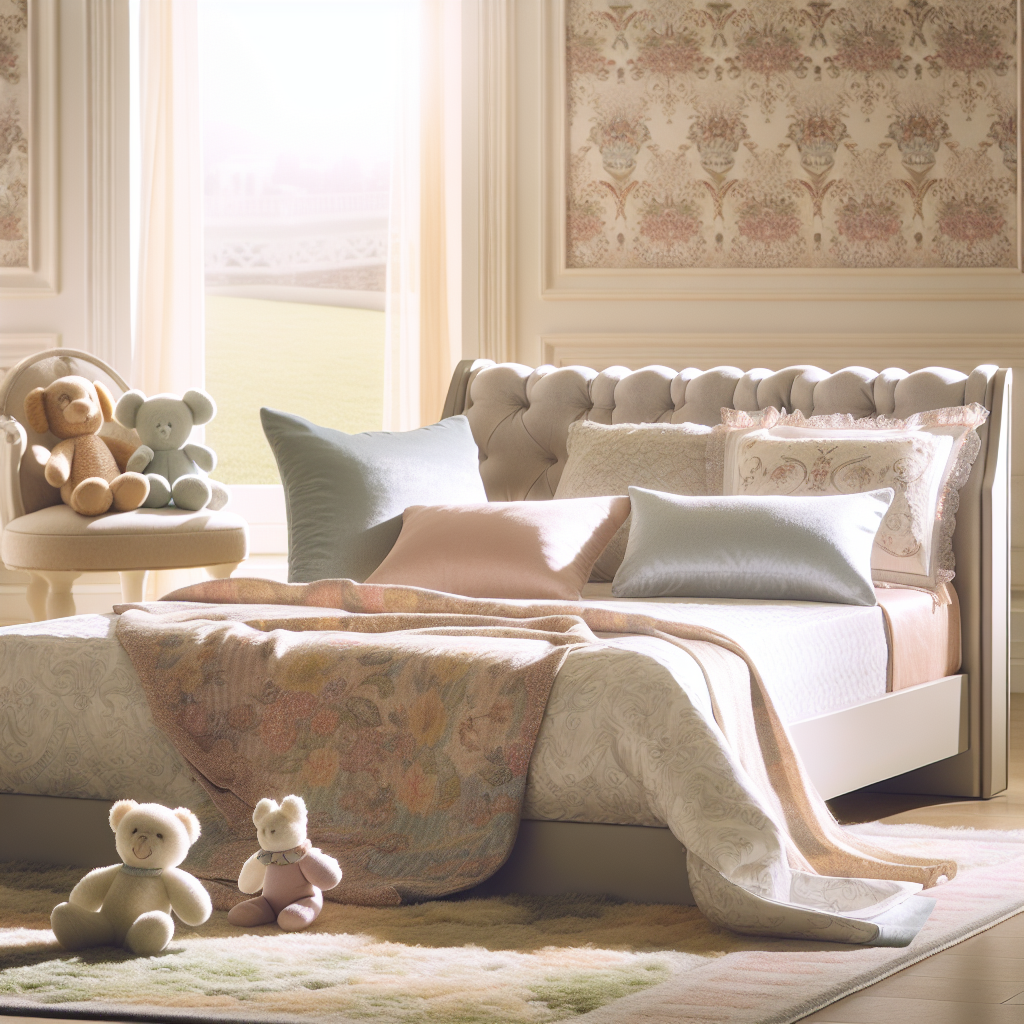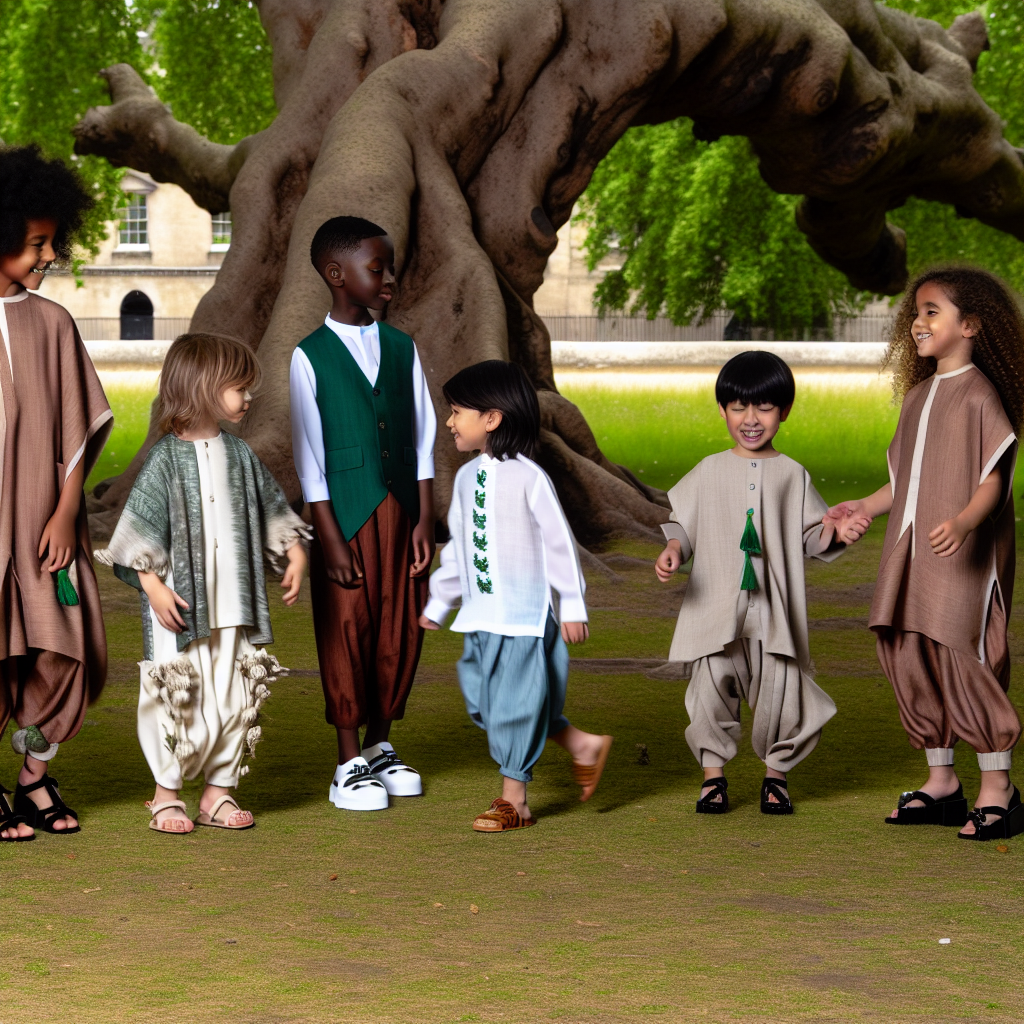Designer School Essentials: The New Status Symbols in Elite Education
Introduction
In the ever-evolving world of elite education, academic excellence alone is no longer the sole indicator of a prestigious upbringing. Today, an increasing number of affluent parents are curating their children’s school experience with high-end, designer school essentials. From luxury backpacks crafted by Hermès to custom Montblanc writing instruments, these premium school accessories have become modern-day status symbols, signaling pedigree, taste, and exclusivity within private and preparatory school circles.
The competition among students in elite institutions extends beyond academics and extracurricular activities—it now includes the lifestyle accessories they bring to the classroom. Just as adults associate certain brands with success and status, children of ultra-high-net-worth families are becoming accustomed to the unspoken social code that certain designer school essentials convey. Owning high-end school supplies not only reinforces an image of distinction but also subtly communicates a family’s social standing within elite circles.
Luxury brands have taken note, adapting their offerings to cater to well-heeled families who seek refined aesthetics and unparalleled craftsmanship, even in the school sphere. The trend is no longer limited to just monogrammed Louis Vuitton backpacks or Burberry pencil cases; luxury tech accessories, personalized stationery, and limited-edition athletic gear have entered the scene, ensuring children are impeccably equipped for a world that values prestige as much as performance.
But beyond exclusivity, there are practical reasons parents opt for designer school essentials. Superior craftsmanship and durability ensure these products not only last longer but also elevate a child’s educational experience. Studies suggest that children’s environments, including the quality of their school supplies, can impact their sense of self-worth and motivation to perform academically. For wealthy parents, investing in premium school essentials is as much about instilling confidence and refinement as it is about maintaining an image of success.
The Psychology of Luxury: How Designer School Supplies Impact Confidence and Performance
Scientific research has long confirmed the psychological effects of luxury goods on self-perception and social interactions. Studies suggest that wearing or using premium accessories can enhance confidence, positive self-image, and motivation. The same principle applies to designer school essentials, influencing students both mentally and socially in elite learning environments.
A study published in the *Journal of Consumer Research* found that luxury products increase feelings of dominance and social ranking. This directly correlates with affluent students carrying high-end school supplies—owning luxury items subtly reinforces their perception of socio-economic superiority among peers ([Nelissen & Meijers, 2011](https://doi.org/10.1086/658999)). These premium goods create an unspoken hierarchy within elite educational institutions, where children subconsciously gauge one another’s social standing based on the designer brands they associate with.
Beyond peer perception, luxury school essentials can have a tangible effect on academic motivation. A *Harvard Business School* analysis on “enclothed cognition” explains that individuals perform better when wearing or using high-quality, premium products ([Adam & Galinsky, 2012](https://doi.org/10.1016/j.jesp.2012.02.008)). While initially studied in professional environments, the same psychological effect can be applied to school settings—children using signature Montblanc pens or limited-edition Apple iPads customized by luxury brands may experience heightened focus and confidence in their academic pursuits.
Exclusivity and Influence: How Luxury Brands Shape Childhood Identity
Luxury goods also contribute to a cultivated lifestyle, one that embodies exclusivity and refined taste from an early age. Neuroscientific research suggests that early exposure to high-end products can shape long-term consumer behavior and preferences ([Plassmann et al., 2008](https://doi.org/10.1073/pnas.0706929105)). Simply put, children raised with designer school essentials are more likely to gravitate toward luxury brands in adulthood, reinforcing generational affluence and exclusivity.
However, there is the issue of exclusivity breeding social disparity, even within already privileged circles. Some experts caution that luxury school essentials promote unnecessary material competition, subtly pressuring students to conform to a materialistic culture. According to child psychologist Dr. Suniya Luthar, materialism in young children can correlate with lower emotional well-being and heightened anxiety ([Luthar & Latendresse, 2005](https://doi.org/10.1111/j.0963-7214.2005.00333.x)). While luxury school items can provide confidence and prestige, it is critical for parents to strike a balance between enjoying exclusivity and ensuring emotional resilience in their children.
The Future of Luxury School Essentials: Striking a Balance Between Prestige and Purpose
Designer school essentials have become more than just classroom necessities—they are powerful symbols of status, craftsmanship, and personal identity in elite educational spaces. Beyond brand recognition, these luxury items offer psychological benefits, such as reinforcing confidence and enhancing academic motivation.
However, it is essential for parents to be mindful of the fine line between investing in quality materials and fostering unhealthy material competition. By carefully selecting school essentials that represent excellence while instilling humility and resilience, parents can ensure their children experience the best of both worlds—luxury with purpose.
Summary: The use of designer school essentials has become a new status symbol in elite education, with affluent parents curating their children’s school experience with high-end products. These luxury items offer psychological benefits, such as reinforcing confidence and enhancing academic motivation. However, parents must strike a balance between enjoying exclusivity and ensuring emotional resilience in their children, as luxury school essentials can also promote unnecessary material competition and a materialistic culture.
References:
– [Adam, H., & Galinsky, A. D. (2012). Enclothed cognition. Journal of Experimental Social Psychology, 48(4), 918-925.](https://doi.org/10.1016/j.jesp.2012.02.008)
– [Luthar, S. S., & Latendresse, S. J. (2005). Children of the Affluent: Challenges to Well-Being. Current Directions in Psychological Science, 14(1), 49-53.](https://doi.org/10.1111/j.0963-7214.2005.00333.x)
– [Nelissen, R. M. A., & Meijers, M. H. C. (2011). Social benefits of luxury brands as costly signals of wealth and status. Journal of Consumer Research, 38(1), 15-29.](https://doi.org/10.1086/658999)
– [Plassmann, H., O’Doherty, J., Shiv, B., & Rangel, A. (2008). Marketing actions can modulate neural representations of experienced pleasantness. Proceedings of the National Academy of Sciences, 105(3), 1050-1054.](https://doi.org/10.1073/pnas.0706929105)

Dominic E. is a passionate filmmaker navigating the exciting intersection of art and science. By day, he delves into the complexities of the human body as a full-time medical writer, meticulously translating intricate medical concepts into accessible and engaging narratives. By night, he explores the boundless realm of cinematic storytelling, crafting narratives that evoke emotion and challenge perspectives. Film Student and Full-time Medical Writer for ContentVendor.com




